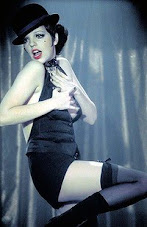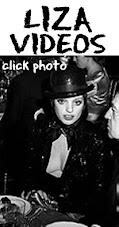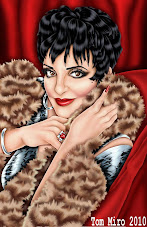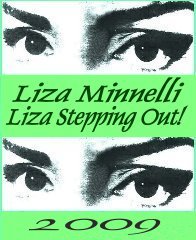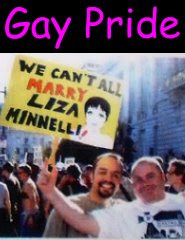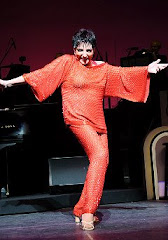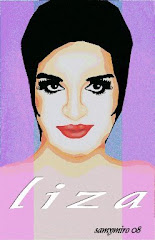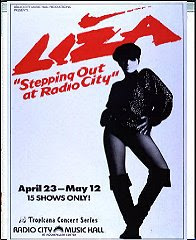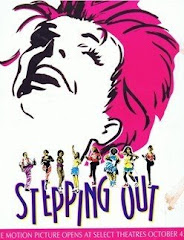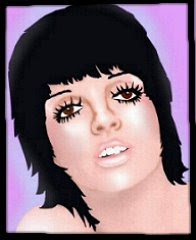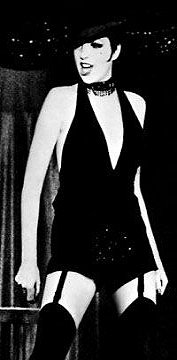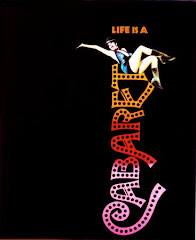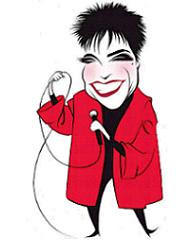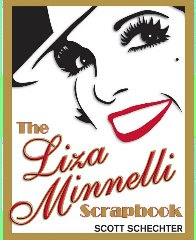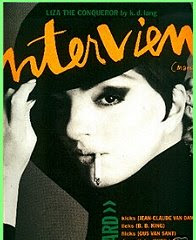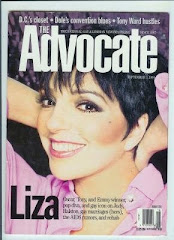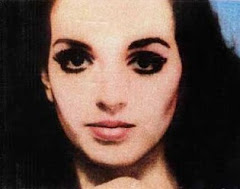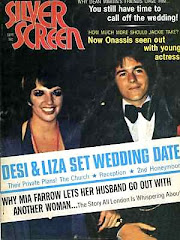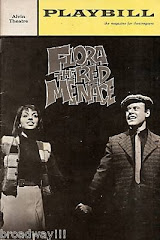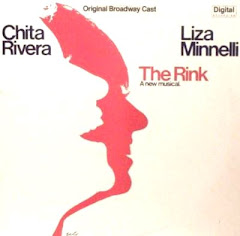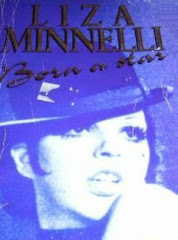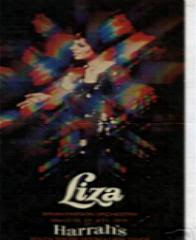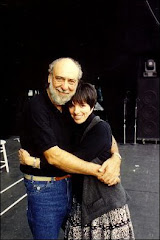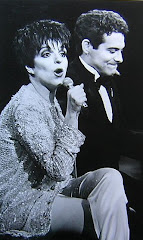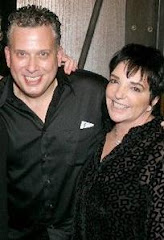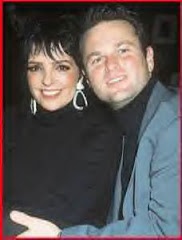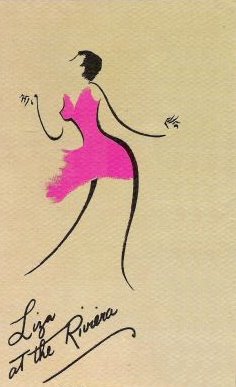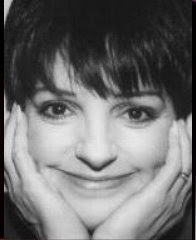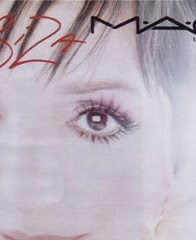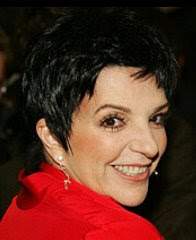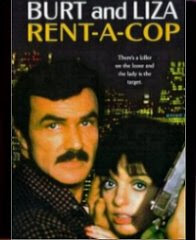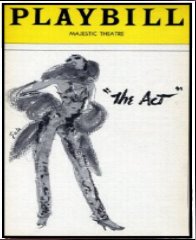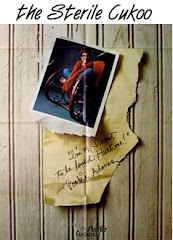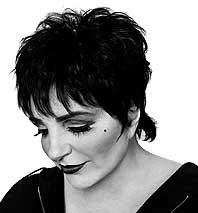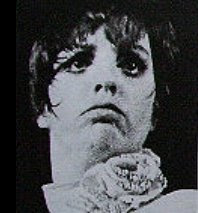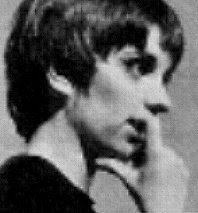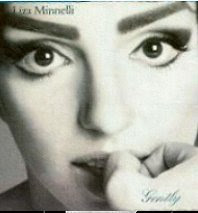
One night in the early 1960s, Stevie Phillips, future talent agent and then road manager for Judy Garland, went to collect the star at the Ritz-Carlton Hotel in Boston for that evening’s concert at Boston Garden. In her suite, Garland looked at Phillips and smiled as they discussed what makeup supplies to take to the show — and then the great entertainer slit her own left wrist with a razor, sending blood spurting all over the lavish accommodations.
It was one of many times Phillips witnessed Garland harming herself, whether with a razor, a broken compact mirror, a match, or her endless supply of prescription drugs, washed down with cheap wine. And what happened next was indicative of both how Garland’s handlers treated her and how the star always rose to the occasion. Phillips’s boss, David Begelman (with whom Garland was having an affair), got Garland medical attention and then instructed Phillips to buy enough bracelets to hide the bandages. She did, and Garland went onstage as planned, doing “such a wonderful show no one could have suspected she wasn’t at the top of her form,” Phillips writes in her recently released memoir.
That memoir, Judy & Liza & Robert & Freddie & David & Sue & Me…, details four decades of Phillips’s adventures in show business. Eventually a top talent agent and Broadway producer, Phillips was an ambitious, movie-obsessed 24-year-old when she first met Garland, toward the end of 1960. She was doing general office work for Begelman and Freddie Fields at their just-opened agency, Freddie Fields Associates. Garland was their third client.
Phillips had been enchanted by Garland’s luminous screen presence in 1944’s Meet Me in St. Louis, but by 1960, Garland had developed a reputation for being difficult and unreliable, and she was no longer welcome in Hollywood. A successful concert tour could help restart her career.
Begelman and Fields proposed that Phillips accompany Garland on tour, taking care of the star’s needs and above all making sure she went through with her shows. Phillips ended up facing challenges she couldn’t possibly have expected but also learned that she could survive just about anything.
She became an up-close witness to both Garland’s incredible talent and the psychic pain she seemed to suffer constantly, even though she could sometimes be delightful company. She came to realize that both were part of Garland’s appeal, especially to her huge number of gay fans. “Judy’s pain was something they could identify with,” Phillips says in an interview The Advocate.
Phillips’s association with Garland lasted just about two years, a period marked by concerts in venues both splendid and squalid, late nights in hotel rooms as Phillips sat up with the star until she consumed enough substances to make her sleep, and long limousine rides, including one in which, Phillips writes, Garland groped her in a sexual manner.
Phillips, who is straight, wasn’t interested, and Garland backed off. As to whether Garland was seriously interested or just doing something for effect, Phillips isn’t sure. “There were rumors about her being bisexual,” Phillips tells The Advocate, but she adds that she never witnessed Judy in a liaison with a woman. “My smell test is ‘Was you there, Charlie?’ and the answer is no.”
She does say Garland was highly sexed in general. “She loved having sex, and she loved men, and she had mischief,” the agent recalls in the interview. She also deeply craved love and was usually denied it, surrounded by people who mainly wanted to use her.
Phillips finally told Fields and Begelman she could no longer work with Garland after accompanying the star on a disastrous Caribbean vacation. On the flight back to Miami, Garland was supposedly refreshing her makeup when she deliberately broke a mirror and cut her face to ribbons with the shards, Phillips writes.

Although she knew Garland needed help, Phillips didn’t know where to begin to give it, and she recognized that her bosses were exploiting a sick woman. She told them she’d stay with the agency but not work with Judy anymore, and she wanted to be a full-fledged agent. Her first client: Liza Minnelli.
Minnelli, she writes, was essentially a lost little girl, neglected both by Garland and her father, director Vincente Minnelli. But she had a zest for life and undeniable talent. Phillips helped her become a star; with Phillips as her agent, Liza won a Tony in her Broadway debut, Flora, the Red Menace, then an Oscar for Cabaret.
Phillips recounts both good times and bad with Minnelli, including her wedding to gay entertainer Peter Allen in 1967, which was the last time Phillips would see Garland in person. Asked why both Minnelli and Garland married gay men (Vincente Minnelli was rumored to be gay, and Mark Herron, her fourth husband, definitely was), Phillips says they had genuine affection for these men, but there were career considerations too.
Noting that Vincente Minnelli filmed Garland with such love and care, Phillips says, “How could she not love him?” Liza and Peter Allen, she adds, “were the best of friends and loved each other’s company,” and they frequently performed together early in their careers. In her experience, Phillips adds, show business has lived up to its reputation as a welcoming place for LGBT people, many of whom have become her friends, such as Albert Poland, the founder of the Judy Garland fan club.
The business also has a reputation for ruthlessness, and Phillips writes about encountering plenty of that. Her relationship with Liza didn’t end well; as she tells it, having reached the heights of stardom, Minnelli unceremoniously dumped Phillips as her agent. Getting dumped happens to agents a lot, even ones as successful as Phillips and her friend Sue Mengers (the “Sue” of the title), a colleague at Creative Management Associates (into which Fields and Begelman’s firm evolved). Phillips has some none-too-flattering stories to tell about stars who have dumped her, but her book contains positive portrayals as well. Robert Redford (the “Bob” of the title) emerges as a man of great integrity; he was even a gentleman about switching agents, something for which Phillips blames herself, as she didn’t recognize that he wanted to become a director.
“Robert Redford was a prince,” she tells The Advocate. “When he moved on, I understood it. I felt I had dropped the ball.”
Another client she praises is David Bowie, “so intelligent and so gifted,” despite an incident early in their relationship. She signed Bowie just off the success of his 1972 Ziggy Stardust album and booked a massive concert tour for him; almost immediately he wanted to cancel it. She flew from her home base in New York to confront him at the Beverly Wilshire Hotel in Beverly Hills. He was sitting on another man’s lap, they were kissing, and he wouldn’t say a word to her.

She left, frustrated, but on the way home she realized that Bowie probably knew canceling the tour would be disastrous and came to the conclusion he’d staged the event so he wouldn’t have to talk to her. She felt she could persuade him to postpone the tour instead of canceling, and the rest, as they say, is history.
She also has good words for Joan Hackett, a talented actress and good friend who died young; producer Hal Prince, whose name she says suits him; the Broadway cast and creative team of The Best Little Whorehouse in Texas, on which she was a producer; and numerous others. She’s gotten some criticism for her statements about Garland, although she’s hardly the first to discuss the icon’s difficult side.
“In the guise of love and admiration for Garland, Phillips trashes her former idol repeatedly with every sad tale of bad behavior she trots out,” Lisa Schwartzbaum wrote of the memoir in
The New York Times Book Review. Schwartzbaum termed the book “revolting,” adding, “The character slashing here might make even horror fans go,
Ick.”
Phillips appears to take such critiques in stride. The review, she tells The Advocate, “was not about the book — it was about ‘Who is she to write about this legend?’” She also says she’s not bitter toward Garland and has come to understand her. A catalyst in that understanding was the breakup of Phillips’s marriage to composer Dave Grusin, which sent Phillips into an emotional tailspin and made her recognize herself as codependent — drawn to people in pain, people with addictions. And she wanted to tell this story.
“Suffering a deep depression (although never as deep as Judy’s, whose condition fitted the classic definition of manic-depression), I could finally identify, at least somewhat, with how Judy felt as she valiantly tried to go forward every day,” she writes in the memoir. She also recognizes Garland’s importance in her career and life, writing, “I’m still standing because of the greatest lesson Judy Garland taught me: how not to fold.”
And Phillips says that knowing what she knows now, she’d still advise any young person with showbiz ambitions to “go for it.” She’s continuing to look toward the future herself, discussing the possibility that her book might form the basis for a fictionalized film or TV series about a young female talent agent. And looking back, she would still go into the industry. “I’ve had a magnificent career,” she says.
Judy & Liza & Robert & Freddie & David & Sue & Me…,
published by St. Martin's Press, is out now. Order here.


 One night in the early 1960s, Stevie Phillips, future talent agent and then road manager for Judy Garland, went to collect the star at the Ritz-Carlton Hotel in Boston for that evening’s concert at Boston Garden. In her suite, Garland looked at Phillips and smiled as they discussed what makeup supplies to take to the show — and then the great entertainer slit her own left wrist with a razor, sending blood spurting all over the lavish accommodations.
One night in the early 1960s, Stevie Phillips, future talent agent and then road manager for Judy Garland, went to collect the star at the Ritz-Carlton Hotel in Boston for that evening’s concert at Boston Garden. In her suite, Garland looked at Phillips and smiled as they discussed what makeup supplies to take to the show — and then the great entertainer slit her own left wrist with a razor, sending blood spurting all over the lavish accommodations.
 She left, frustrated, but on the way home she realized that Bowie probably knew canceling the tour would be disastrous and came to the conclusion he’d staged the event so he wouldn’t have to talk to her. She felt she could persuade him to postpone the tour instead of canceling, and the rest, as they say, is history.
She left, frustrated, but on the way home she realized that Bowie probably knew canceling the tour would be disastrous and came to the conclusion he’d staged the event so he wouldn’t have to talk to her. She felt she could persuade him to postpone the tour instead of canceling, and the rest, as they say, is history.






